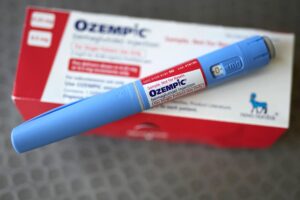Routine skin examinations are crucial for early detection of skin cancers and other conditions.

Regular skin examinations play a pivotal role in the early detection of skin cancers and various other ailments, emphasizing the importance of proactive healthcare practices. By conducting these examinations, individuals can identify potential abnormalities and seek timely medical intervention, significantly improving treatment outcomes and overall well-being.
Skin cancers, including melanoma, basal cell carcinoma, and squamous cell carcinoma, are among the most common forms of cancer worldwide. Timely detection is crucial as it increases the chances of successful treatment and reduces the risk of complications. Routine skin examinations enable individuals to monitor their skin for any changes, such as new moles, growths, or alterations in existing spots.
Early detection is not limited to skin cancers alone. Regular skin exams can also identify other dermatological conditions like psoriasis, eczema, and fungal infections. Detecting these ailments early ensures prompt treatment initiation, mitigating the risk of exacerbation and minimizing discomfort.
Conducting self-examinations at home is a fundamental aspect of early detection. Individuals should thoroughly inspect their skin, paying close attention to areas regularly exposed to the sun, such as the face, neck, arms, and legs. Any suspicious moles, sores, or irregularities should be promptly reported to a healthcare professional for further evaluation.
In addition to self-examinations, it is recommended to undergo professional skin checks by dermatologists or other qualified healthcare providers. These experts possess the knowledge and expertise to identify subtle changes or signs that may be missed during self-examinations. Regular check-ups also allow for the establishment of a baseline and subsequent monitoring of any changes over time.
Educating individuals about the significance of routine skin exams is vital in fostering a proactive approach to healthcare. Awareness campaigns, public health initiatives, and community outreach programs can disseminate information about the importance of early detection and provide guidance on self-examination techniques.
By prioritizing regular skin examinations, individuals can take an active role in safeguarding their health and well-being. Early detection allows for timely intervention, potentially preventing the progression of diseases, minimizing treatment complications, and improving overall prognosis.
Re-reported from the story originally published in News 18








